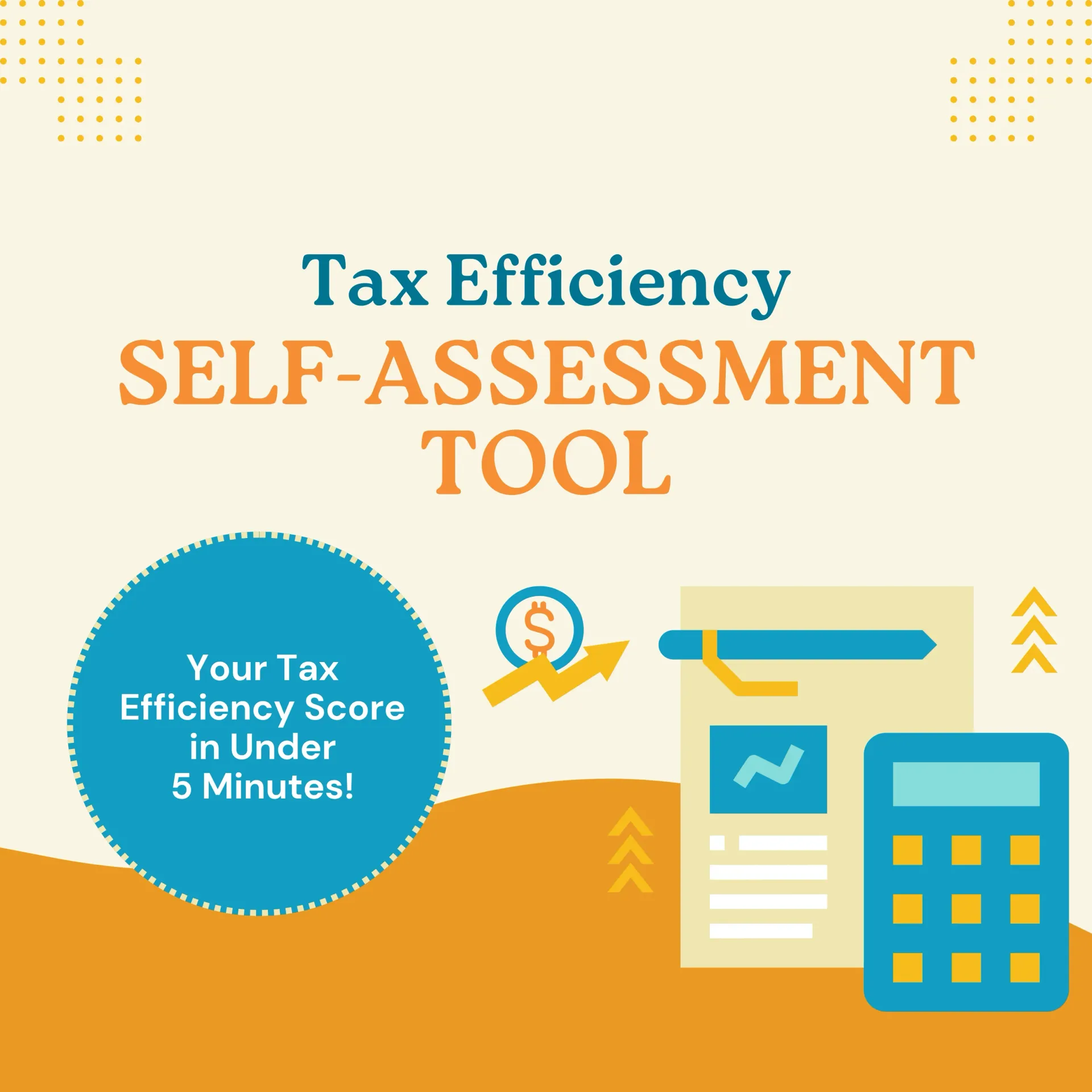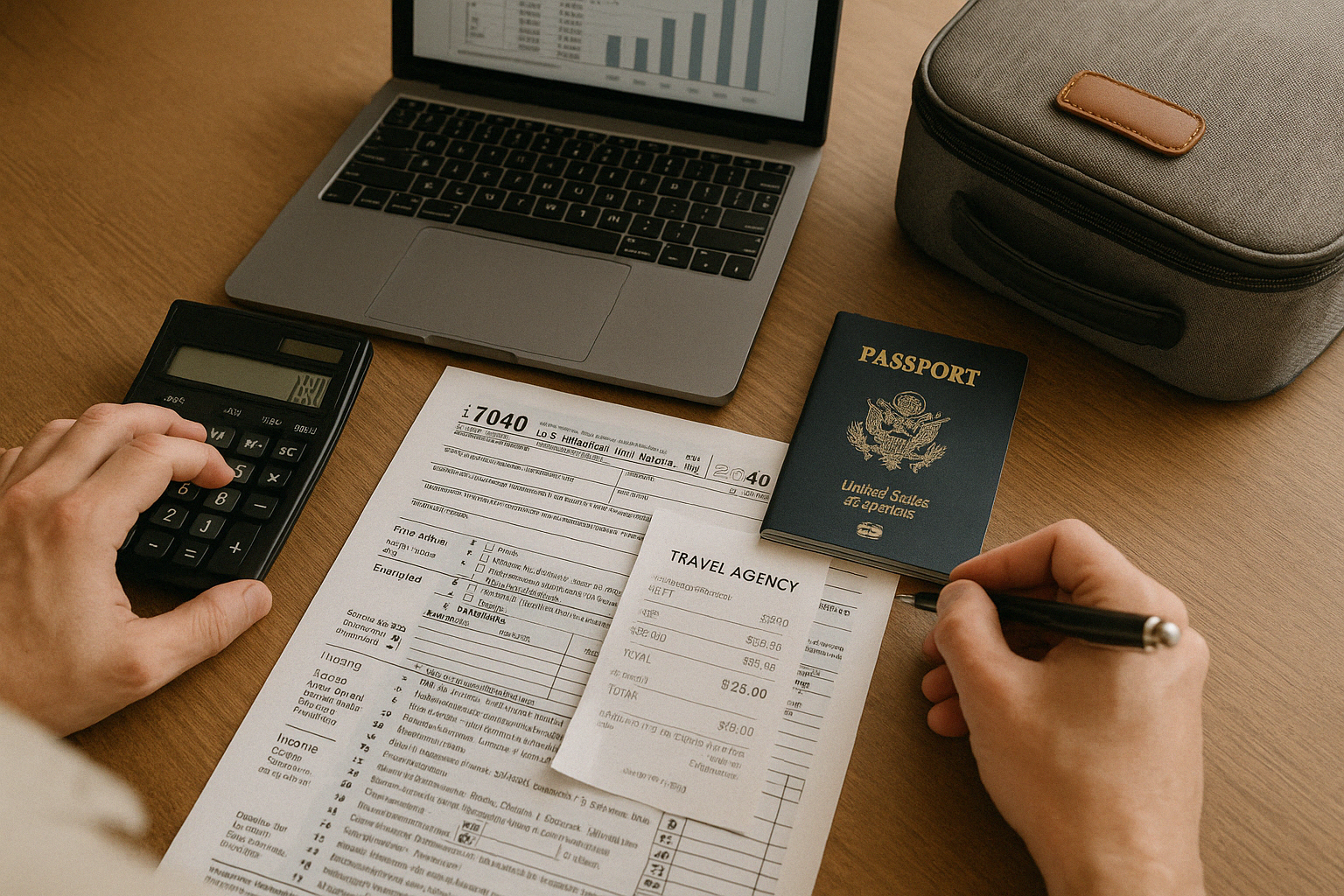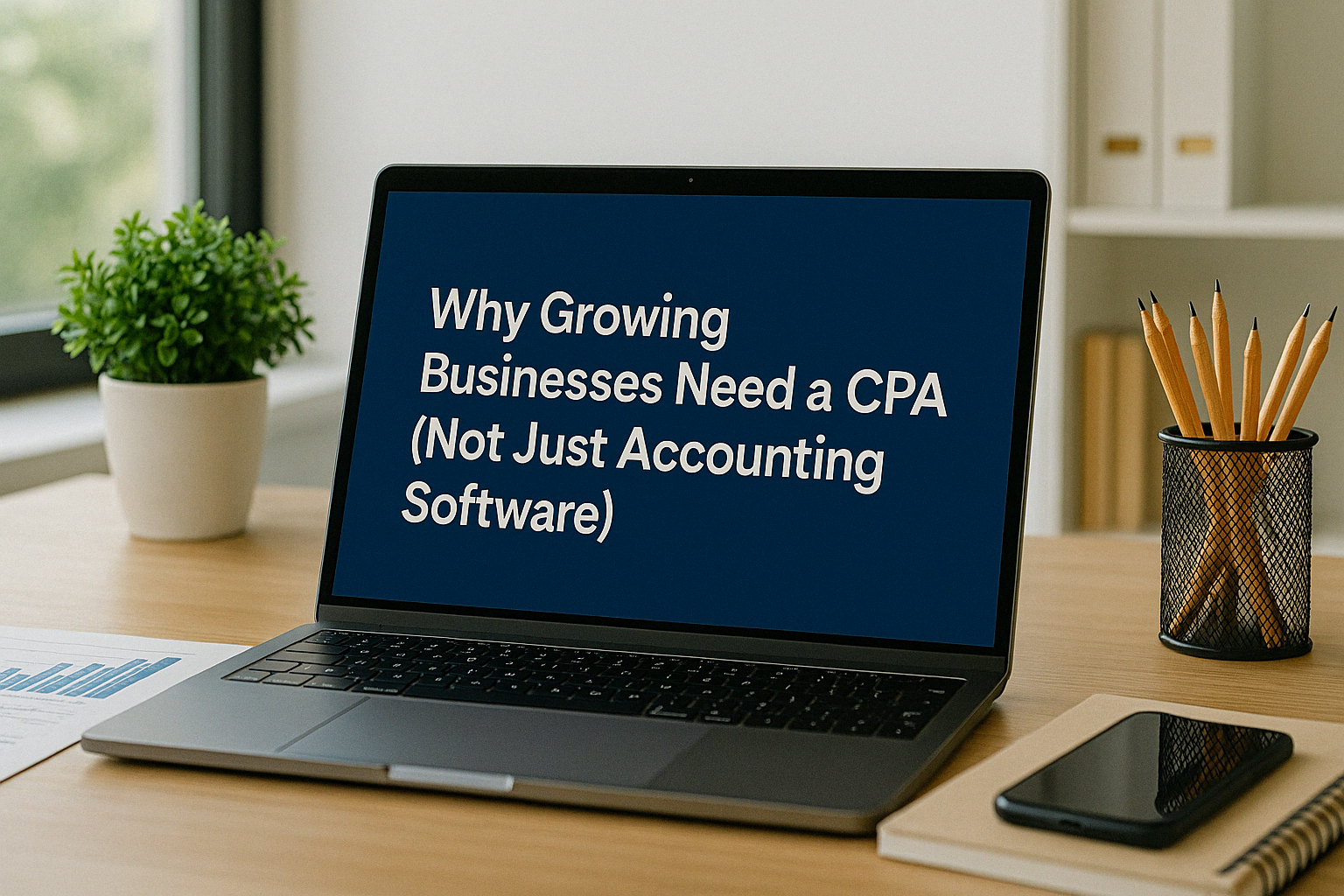Top 10 Deductions You Might Be Missing on Your Personal Tax Return

As a CPA, I've seen countless clients overlook valuable deductions on their personal tax returns. It's a shame, really, because these missed opportunities can make a significant difference in your refund. Let's dive into the top 10 deductions you might be missing and how to make the most of them.
Understanding the Importance of Maximizing Your Refunds
Before we get into the nitty-gritty, let's talk about why maximizing your refunds matters. It's simple math: the more deductions you claim, the less taxable income you have, which means a lower tax bill and potentially more money in your pocket. This extra cash can be a game-changer, whether you're paying off debt, saving for retirement, or investing in your future.
I remember a client who came to me frustrated with her small refunds year after year. After we dug into her finances, we discovered several deductions she'd been missing. The result? A refund that was thousands of dollars larger than she'd ever received before. She was ecstatic, and it made a real difference in her financial situation.
Top 10 Deductions on Your Personal Tax Return
- Mortgage Interest: This is a big one, especially if you have a large loan or high interest rate.
- State and Local Taxes: Don't forget about property taxes and state income taxes.
- Medical Expenses: If your medical costs exceed a certain percentage of your income, you can deduct them.
- Retirement Contributions: Contributions to IRAs or 401(k)s can reduce your taxable income.
- Education Expenses: Tuition fees and student loan interest may be deductible.
- Charitable Contributions: Your generosity can pay off at tax time.
- Job-Related Expenses: Some work-related costs may be deductible.
- Child Care Expenses: If you pay for childcare while you work, you might be eligible for a tax credit or deduction.
- Home Office Deduction: If you have a dedicated space for work, you might be able to deduct related expenses.
- Self-Employment Expenses: For the self-employed, various business expenses can be deducted.
Deductions Related to Home Ownership
Owning a home isn't just about having a place to call your own – it's also a potential goldmine of tax deductions. Let's break it down:
- Mortgage Interest: This is often the biggest deduction for homeowners. I had a client who was shocked to learn how much this deduction reduced his taxable income.
- Property Taxes: These can add up quickly, especially in high-tax areas.
- Home Equity Loan Interest: There are some restrictions here, so it's worth checking the latest IRS guidelines.
- Capital Gains Exclusion:
If you sold your home, you might be able to exclude a portion of the gain from taxes.
Deductions for Medical Expenses
Healthcare costs can be a real burden, but there's a silver lining when it comes to taxes. Here's what you need to know:
- Medical Expenses Deduction: If your medical expenses exceed a certain percentage of your income, you can deduct them. This includes doctor visits, hospital stays, and even some medical equipment.
- Health Savings Account (HSA) and Flexible Spending Account (FSA) Contributions: These contributions are often tax-deductible.
- Self-Employed Health Insurance Premiums: If you're self-employed and pay for your own health insurance, you might be able to deduct your premiums.
Education-Related Deductions
Education can be expensive, but these deductions can help ease the burden:
- Tuition and Fees Deduction: You can deduct up to $4,000 in qualified educational expenses.
- Student Loan Interest Deduction: You may be able to deduct up to $2,500 in interest payments.
- Education Tax Credits:
The American Opportunity Credit and Lifetime Learning Credit can directly reduce your tax liability.
Deductions for Retirement Savings
Planning for retirement? These deductions can help:
- Traditional IRA Deduction: You may be able to deduct up to $6,000 in contributions ($7,000 if you're 50 or older).
- 401(k) Contributions: These reduce your taxable income and help you save for the future.
- Saver's Credit: This credit rewards low- to moderate-income individuals for saving for retirement.
Deductions for Charitable Donations
Your generosity can pay off at tax time. Keep detailed records of your donations, including receipts and acknowledgments from charitable organizations.
Business-Related Deductions for Self-Employed Individuals
If you're self-employed, you have access to a whole host of deductions:
- Home Office Deduction: If you use part of your home exclusively for business, you may be able to deduct related expenses.
- Business Travel Expenses: This includes transportation, lodging, and meals.
- Office Supplies and Professional Development: Keep those receipts!
Less Common but Valuable Deductions to Consider
Don't overlook these less common deductions:
- Dedicated Business Phone Line: If you have a separate phone line for your business, you may be able to deduct its costs.
- Vehicle Expenses: If you use your personal vehicle for business, you might be eligible to deduct related expenses.
- Wages for Family Members:
If you employ your spouse or children in your business, their wages might be deductible.
Stay Organized and Keep Accurate Records
I can't stress this enough: good record-keeping is crucial. Keep all your receipts and records in a designated place. Consider using bookkeeping software or hiring a professional bookkeeper to help you stay on top of things.
Seek Professional Advice for Complex Situations
While it's great to be informed about potential deductions, tax law can be complex and ever-changing. If you have a unique situation or are dealing with substantial investments, it's worth consulting a professional. A qualified CPA or tax attorney can help you navigate the complexities and ensure you're maximizing your deductions while staying compliant with tax laws.
Remember, maximizing your deductions isn't about gaming the system – it's about taking advantage of the opportunities the tax code provides. By staying informed and organized, you can ensure you're not leaving money on the table come tax time.
Discover Your Tax Savings Score in Minutes!


Salim is a straight-talking CPA with 30+ years of entrepreneurial and accounting experience. His professional background includes experience as a former Chief Financial Officer and, for the last twenty-five years, as a serial 7-Figure entrepreneur.




